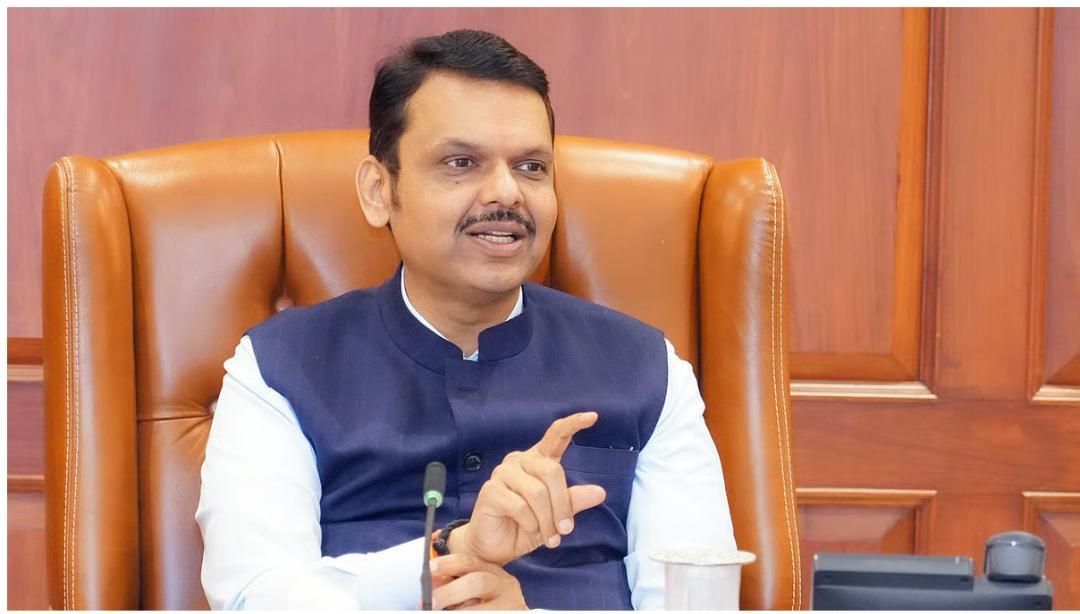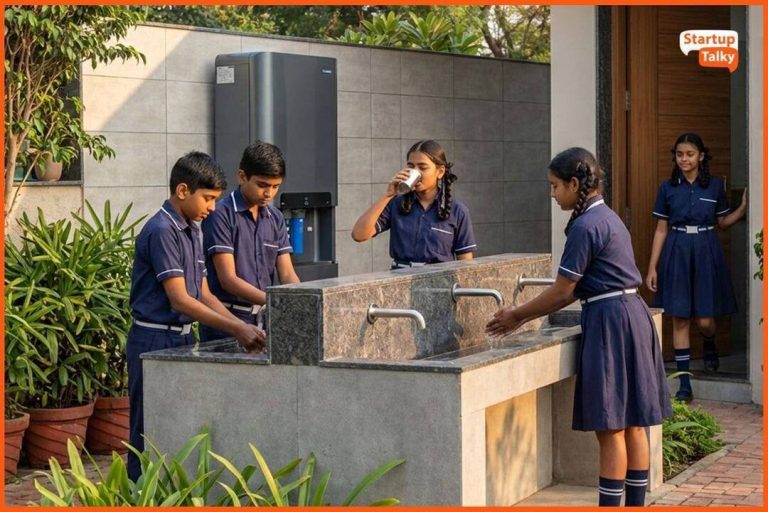
Stand & Greet MLAs & MPs and Listen to What They Say: Maharashtra Govt to Employees
In a recent directive, the Maharashtra government has issued guidelines to its employees, instructing them to “stand and greet” Members of Legislative Assembly (MLAs) and Members of Parliament (MPs) whenever they visit government or semi-government offices. The guidelines also emphasize the importance of using respectful, polite, and courteous language when interacting with these elected representatives, both in person and over the phone.
The directive, which aims to promote a culture of respect and courtesy towards elected representatives, has been issued to ensure that government employees maintain a professional and dignified demeanor when interacting with MLAs and MPs. According to the guidelines, employees are expected to stand up and greet MLAs and MPs when they arrive or leave government offices, and listen attentively to what they have to say.
The guidelines also stress the importance of using polite and respectful language when communicating with MLAs and MPs over the phone. Employees are expected to use formal and courteous language, avoiding any tone or language that could be perceived as rude or dismissive. The aim is to create a positive and respectful atmosphere, where elected representatives feel valued and respected.
This directive is not surprising, given the importance of maintaining good relationships between government employees and elected representatives. MLAs and MPs are responsible for representing the interests of their constituents, and it is essential that government employees are responsive to their needs and concerns. By promoting a culture of respect and courtesy, the Maharashtra government hopes to foster a more collaborative and productive working relationship between its employees and elected representatives.
The guidelines also reflect the government’s commitment to providing good governance and ensuring that citizens receive respectful and courteous treatment when interacting with government officials. In a democratic system, elected representatives play a vital role in representing the interests of citizens, and it is essential that government employees recognize and respect this role.
The directive has been welcomed by many, who see it as a positive step towards promoting a culture of respect and courtesy in government offices. It is expected that the guidelines will help to improve the overall quality of service provided by government employees, and enhance the experience of citizens when interacting with government officials.
However, some have raised concerns that the guidelines could be seen as an attempt to curry favor with elected representatives, rather than a genuine effort to promote good governance. Others have pointed out that the directive could be open to misuse, with some employees feeling pressured to provide special treatment to MLAs and MPs, rather than treating all citizens with equal respect and courtesy.
Despite these concerns, the Maharashtra government’s directive is a positive step towards promoting a culture of respect and courtesy in government offices. By emphasizing the importance of using polite and respectful language, and encouraging employees to listen attentively to the concerns of elected representatives, the government hopes to create a more collaborative and productive working relationship between its employees and MLAs and MPs.
Ultimately, the success of this initiative will depend on the willingness of government employees to embrace the guidelines and promote a culture of respect and courtesy in their interactions with elected representatives. By doing so, they can help to build trust and confidence in the government, and enhance the overall quality of service provided to citizens.
In conclusion, the Maharashtra government’s directive to its employees to “stand and greet” MLAs and MPs, and listen to what they have to say, is a positive step towards promoting a culture of respect and courtesy in government offices. By emphasizing the importance of using polite and respectful language, and encouraging employees to listen attentively to the concerns of elected representatives, the government hopes to create a more collaborative and productive working relationship between its employees and MLAs and MPs.






